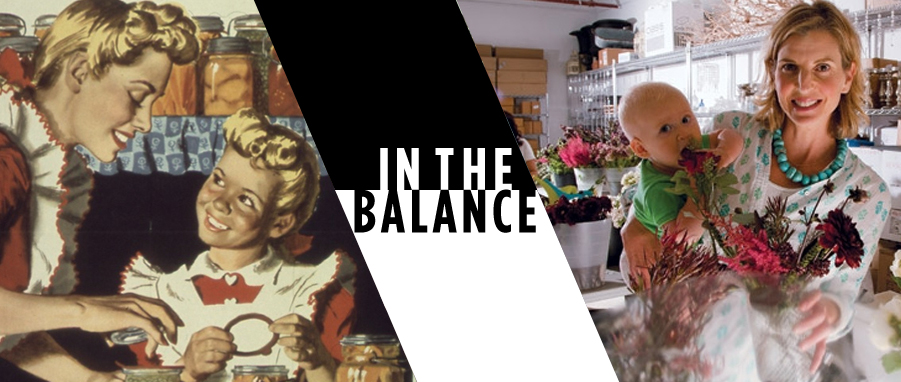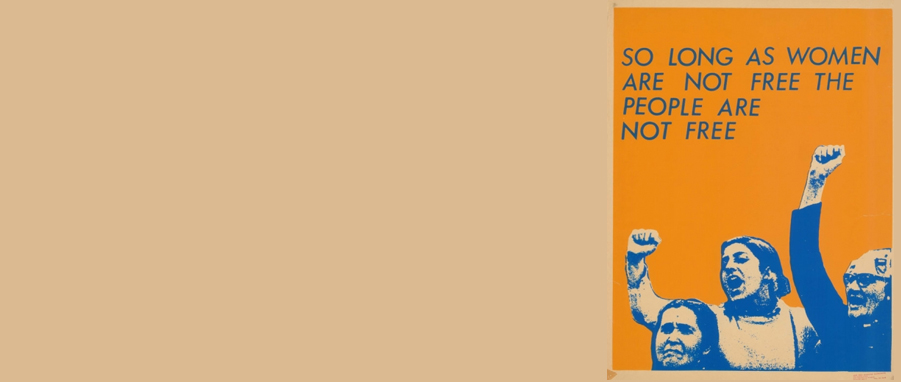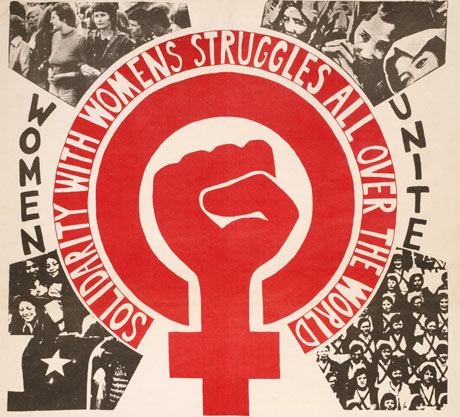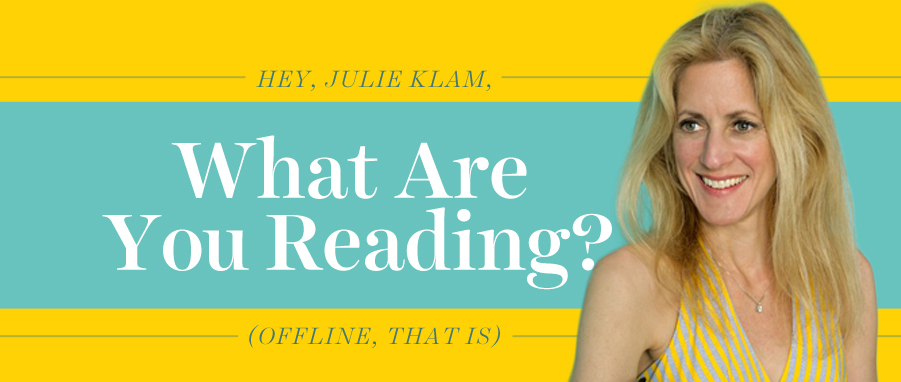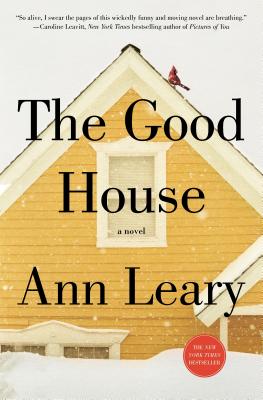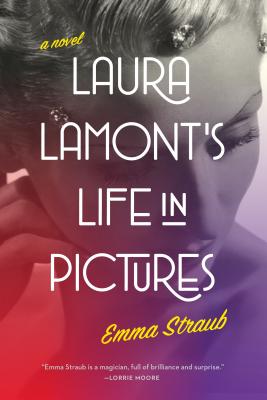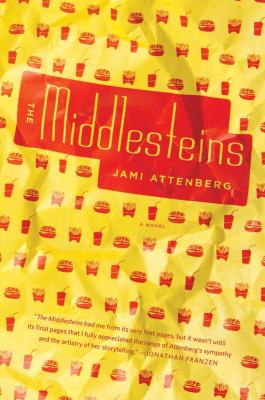

I have fallen in love, unconditional love, with so many places. Various weeks or months into living in a new location, I often declare it “home.” This is not a sense of growing roots or settling, but rather a feeling of comfort and belonging. To give a few examples---I claim my home town of Boulder, Colorado, to be heaven-on-earth [thus, my true love], I claim I fell in love with living abroad in Nicaragua, I claim I found my career in Uganda and Rwanda, I claim I felt more secure and loved in Washington, DC than anywhere else thus far in my journey, and, finally, I claim I re-found happiness and bliss during a year long journey in Mexico City. All of these places are homes.
This story has two parts: 1) the magic, wonder, and awe of a huge, vibrant, culturally-infused city and 2) the impressionable and open place in which I existed when I found myself living in Mexico City.
I have a theory that you should try to return to places you fell in love with through living there within a year of leaving. That amount of time allows the freshness to remain in relationships and in most cases halts significant enough changes in the city landscape, such that you won’t recognize your favorite blocks, cafes, or parks. Within nine months of leaving Mexico, I returned for the first time, yet I could already feel the changes---I missed my friends and many had already moved on to new experiences as well, my Spanish faltered, but above all, I already felt far away from the person I had embodied when I lived there. The context of this blog post is my second return trip, which comes exactly two years, or better put---a whirlwind of life---after the first visit.
Returning to a place is always accompanied by so many questions ranging from the more mundane (Will my favorite park still look the same? Will the coffee shop on the corner still be there? Will I remember how to get to my old apartment?) to the deeper, more existential questions (Will I still love the city? Will I regain the sense of freedom I had when I lived here? Will I still feel like I belong here? Will I feel like I could live here again?). For those of us who have moved between cities and countries, it is always heartbreaking to leave while at the same time inspiring to move and settle into a new community. In the back of my mind, I imagine past homes as places I can always return to, like visiting old friends or family. They become pieces of me scattered in the world that I can collect, if I return to walk the same streets and share coffee in the same parks with the same friends. Of course, I could easily, fall back in love with the bold, colorful buildings, dry summer days, bustling city parks, and long fun-filled nights. Who couldn’t?

Part I: The city that left an impression
Roxanne Varzi, the author of Warring Souls, describes cities as landscapes that individuals walk through, writing their own versions of the city as they walk. In her eyes, the individual experiences a sense of poetry in the city that they write as they walk and inhabit the space. Returning to Mexico City meant revising and adding to the story that I had written years before. Walking around certain parks and on certain streets brought back dormant emotions, some of which exist in the past, and I briefly visited them, and others, re-ignited bringing me back to the joyfully open and tenderly vivid experiences of the past. Re-writing the poetry, as Varzi would call it, requires openness to re-experience a city and to then reconcile new experiences with what you fell in love with in the past.
The magnitude of the city still leaves an impression, from the top of the tallest building in the centro historico, you can witness the city stretching on in every direction. Although your eyes can sense the cars and people 43 stories below, it is nearly impossible to comprehend over 22 million people sharing this space. It is breath taking. Every element feels more vibrant, buildings burst with colors, food with flavors unimaginable in my Boston life, salsa dancing with a sense of glee. Even the light cast by the sun setting over the zocalo feels more radiant. Returning doesn’t change these elements, in fact they feel more alive and more intense---almost as if the point is to confirm my stories and memories.

Part II: The girl ready to be molded
As vulnerable as it is to write about why we make major life decisions, it is important in the context of this marvelous city. I moved to Mexico City mostly because I was ready to spend a significant amount of time abroad and I had a friend living there. The combination of those two simple facts landed me in this particular city. Moving had meant uprooting a world and home I had created in DC---of close friends, a wonderful job, and a boyfriend of a number of years. The year passed as I healed, taking the training wheels off and experiencing a new sense of freedom and fulfillment in living abroad.
Although my memory would like to re-write the story of Mexico City as full of magic and glee, the year did not pass without challenges, questions, and heartache, as ripping out roots often causes. Some questions which are not and cannot be answered by moving or even the passing of time. Yet, returning after a number of years away caught me off guard, as many of the same questions of uncertainty surfaced, as though triggered by spaces I used to inhabit. Past insecurities gently haunted me, illuminating today’s struggles that mirror those from a few years ago that my current self had attempted to grow and learn from. But, there they were in their gut-wrenching openness.
----
Silently walking, questioning my life, Varzi’s words rang true---as I rewrote the stories and the memories, capturing them in my current space, not just in the magical, gleeful past. This is a long term relationship, with this enchanting city, and I can only imagine the new stories my future self will write.




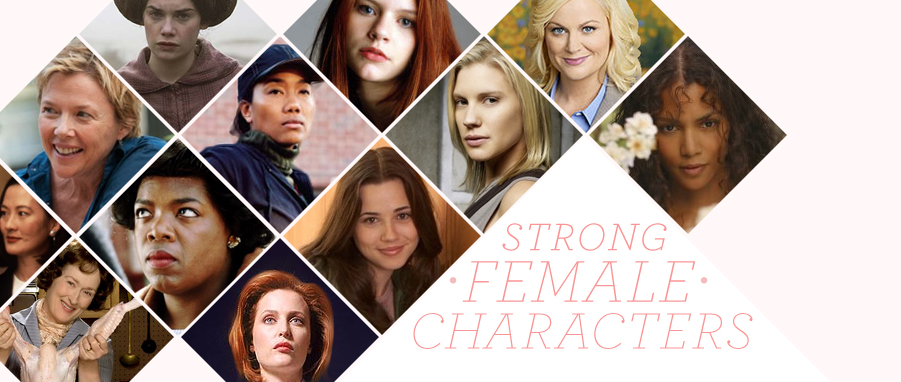



 The past four months have been the loneliest I’ve ever experienced, no thanks to me. My reaction to life in a new country has been to hole myself up and reject most social interaction---hardly a path to happiness, but what do I know when I have never lived away from home for so long before.
The past four months have been the loneliest I’ve ever experienced, no thanks to me. My reaction to life in a new country has been to hole myself up and reject most social interaction---hardly a path to happiness, but what do I know when I have never lived away from home for so long before.



 I can count the number of times I’ve seen snow on two gloved hands. It happens in Portland maybe once a year. When it does---or might and, usually, doesn’t---it’s the talk of the town. Schoolteachers make announcements to their classrooms and snow becomes the only topic of polite chatter in the grocery store checkout. “Looks like it’s going to snow, huh?” The day before its arrival we all watch the sky, every one of us an amateur meteorologist. The cloud cover holds the moisture, but too much won’t let in the cold.
I can count the number of times I’ve seen snow on two gloved hands. It happens in Portland maybe once a year. When it does---or might and, usually, doesn’t---it’s the talk of the town. Schoolteachers make announcements to their classrooms and snow becomes the only topic of polite chatter in the grocery store checkout. “Looks like it’s going to snow, huh?” The day before its arrival we all watch the sky, every one of us an amateur meteorologist. The cloud cover holds the moisture, but too much won’t let in the cold.


